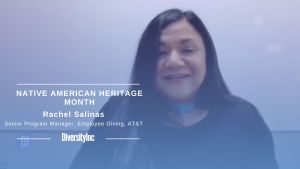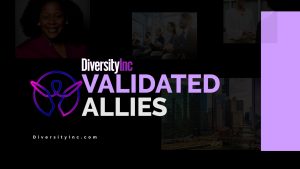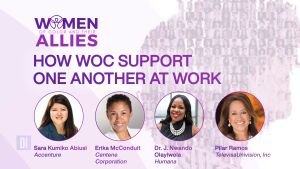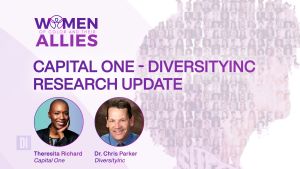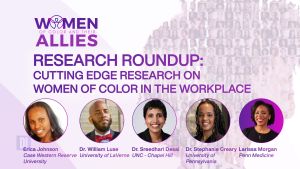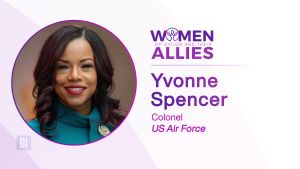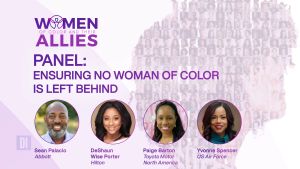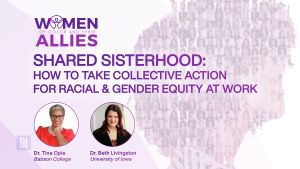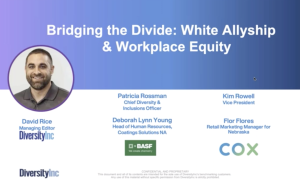Autism Acceptance Month, formerly known as Autism Awareness Month, is a time to recognize and celebrate the contributions of individuals on the autism spectrum and their families. It’s an opportunity to promote understanding, acceptance and support for the autism community.
History of Autism Acceptance Month
Autism Awareness Month was first celebrated by the National Autism Society in the 1970s. The transition from Autism Awareness Month to Autism Acceptance Month occurred in 2011, and was initiated by the Autism Self-Advocacy Network (ASAN). Unlike the previous focus solely on awareness, this shift aimed to promote not only education and understanding but also respect for people with autism spectrum disorder (ASD) as individuals capable of leading full and meaningful lives.
World Autism Awareness Day
The United Nations General Assembly declared April 2 as World Autism Awareness Day in 2008. It is celebrated annually on this date. The day raises awareness about people with autism and helps promote diversity and inclusion.
The theme of World Autism Awareness Day in 2024 is “Empowering Autistic Voices.” The 2024 theme aims to help governments, organizations and communities support and empower people with autism to lead meaningful lives and have fulfilling careers.
Facts About Autism
ASD is a neurological and developmental disorder. It affects a person’s social skills, communication and relationships. The Centers for Disease Control and Prevention (CDC) estimates that 5.4 million adults have autism spectrum disorder (ASD) in the United States.
Autism impacts each person in different ways and to different degrees. For example, some people with autism are sensitive to light and noise. Others have trouble making eye contact or have repetitive behaviors.
No one knows the cause of autism. However, receiving a diagnosis helps people with autism to understand their condition and live life to the fullest.
The Autism Society of America (ASA) states that medical diagnosis is possible through assessment of symptoms and diagnostic testing. This can be done by a psychologist, developmental pediatrician or other specialized physicians.
Individuals with autism and their parents can get help from their school or the state. This help includes speech therapy and Applied Behavioral Analysis (ABA) therapy. There may also be other options available. These tools can help set people with autism up for success in school, at work and in life.
Reasonable Accommodations for Employees with Autism
Accommodations for individuals with autism in the workplace play a crucial role in ensuring their success and well-being. Here are some supportive measures that can make a significant difference:
- Alternative Lighting: Adjust lighting conditions to reduce glare or harsh fluorescent lights, which can be overwhelming for some autistic individuals.
- Noise-canceling Earbuds or Headphones: Providing noise-canceling devices allows employees to manage sensory overload and maintain focus.
- Flexible Scheduling: Allow flexible work hours to accommodate individual needs. Some autistic individuals may work more effectively during specific times of the day.
- Quiet Spaces: Designate quiet areas where employees can retreat when feeling overwhelmed or overstimulated.
- Structured Work Environment: Clear routines and organization help reduce anxiety. Provide visual schedules or written instructions.
- Seating Arrangements: Consider seating away from foot traffic or other distractions to minimize sensory input.
- Extra Time During Meetings: Allow additional time for processing information during meetings or discussions.
Reasonable accommodations are essential to ensuring that individuals with autism can thrive in the workplace. Employers should engage in open communication with employees to understand their specific needs and tailor accommodations accordingly.





